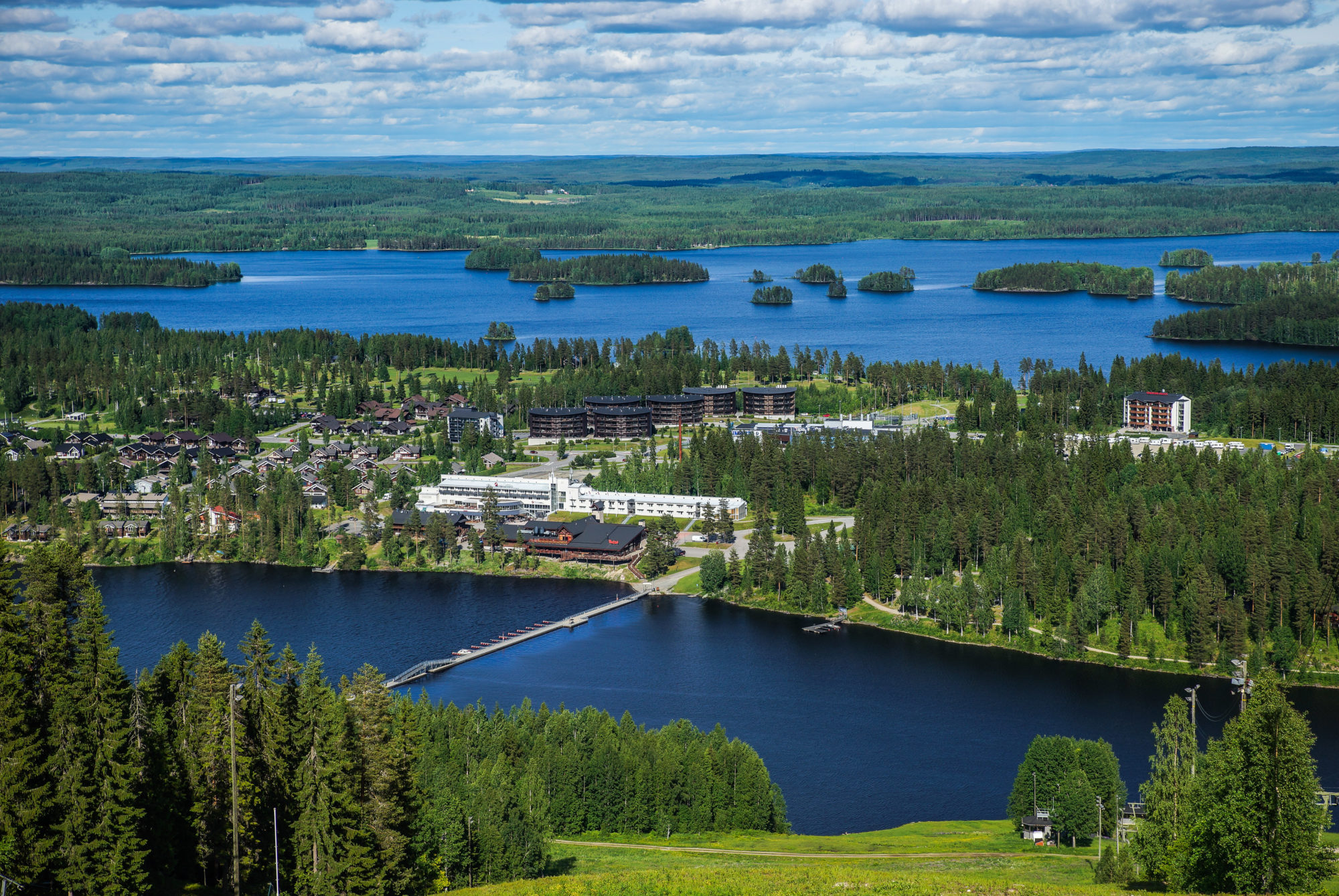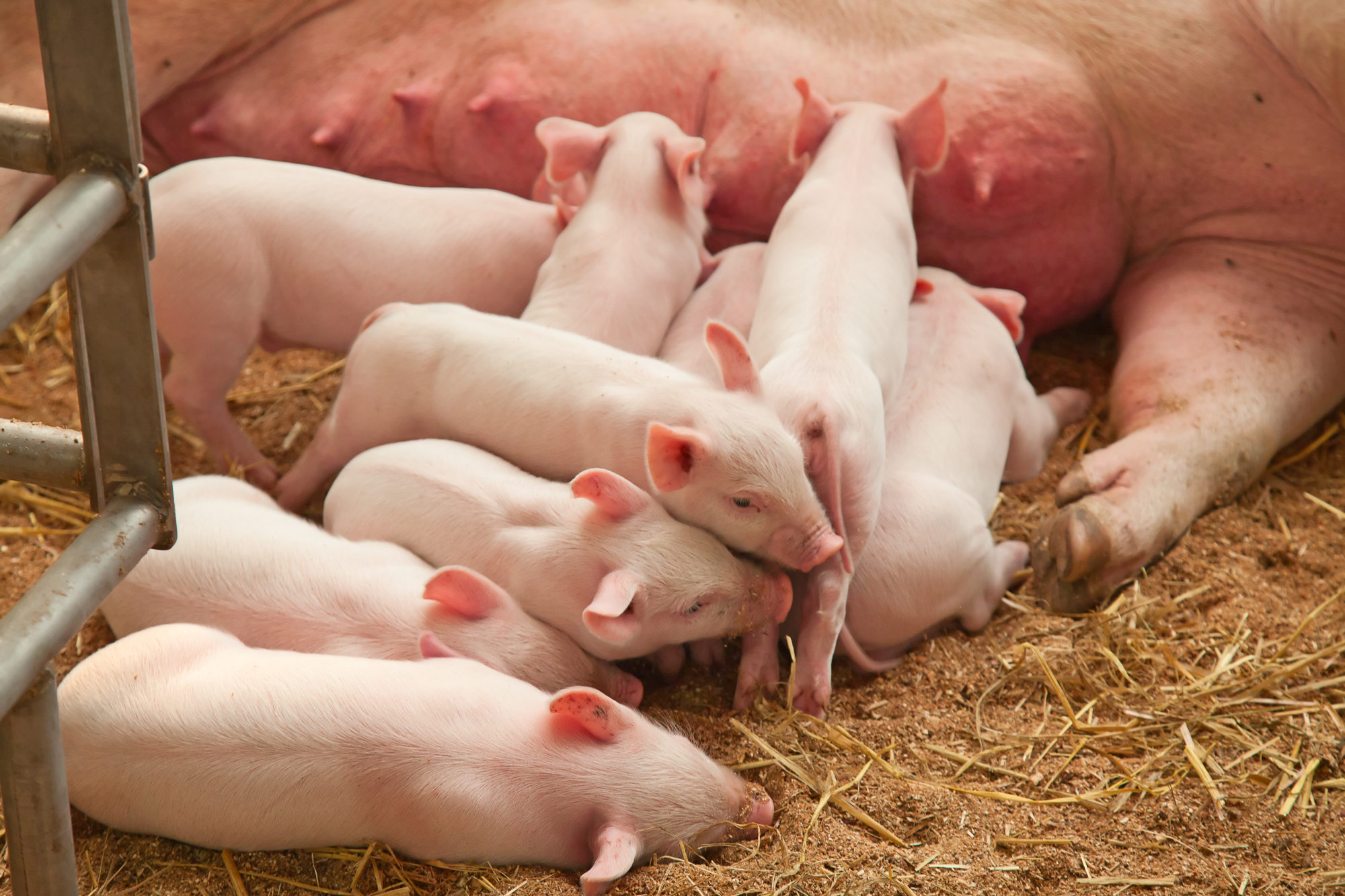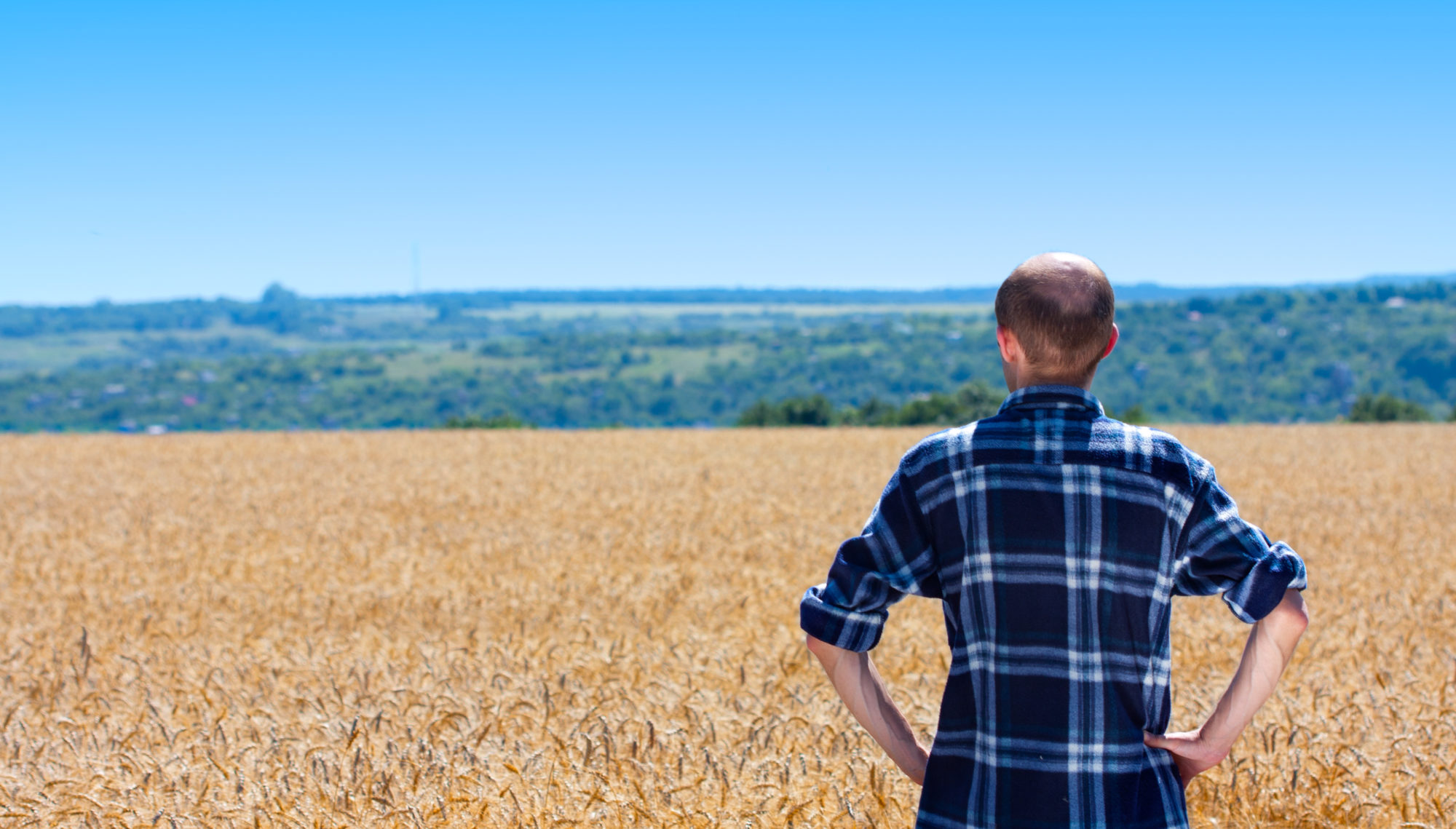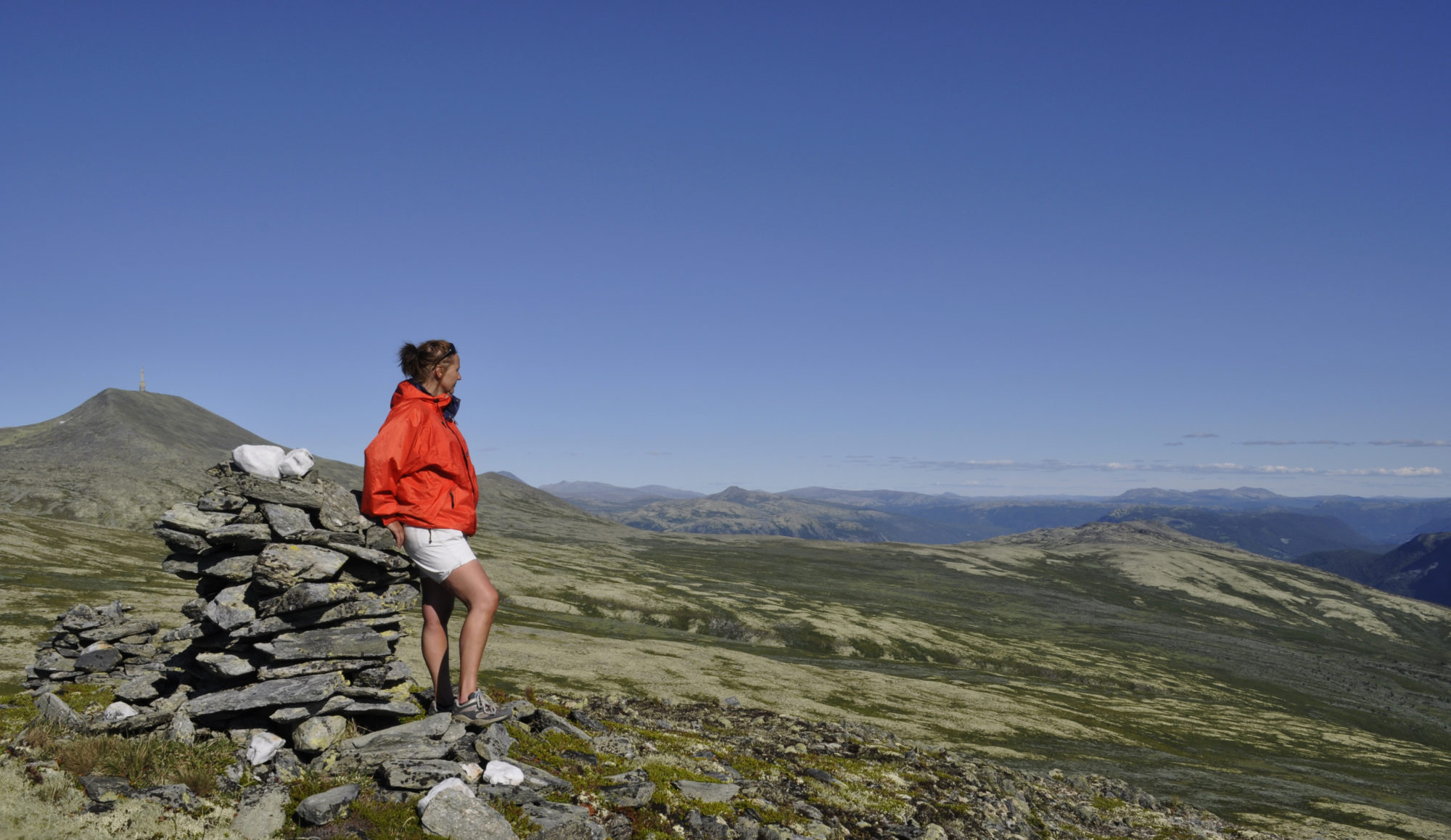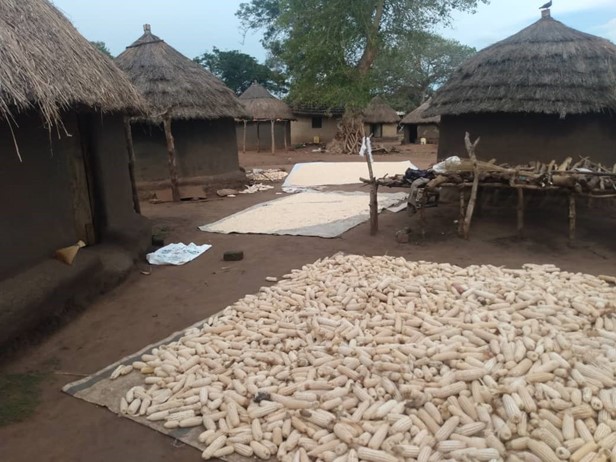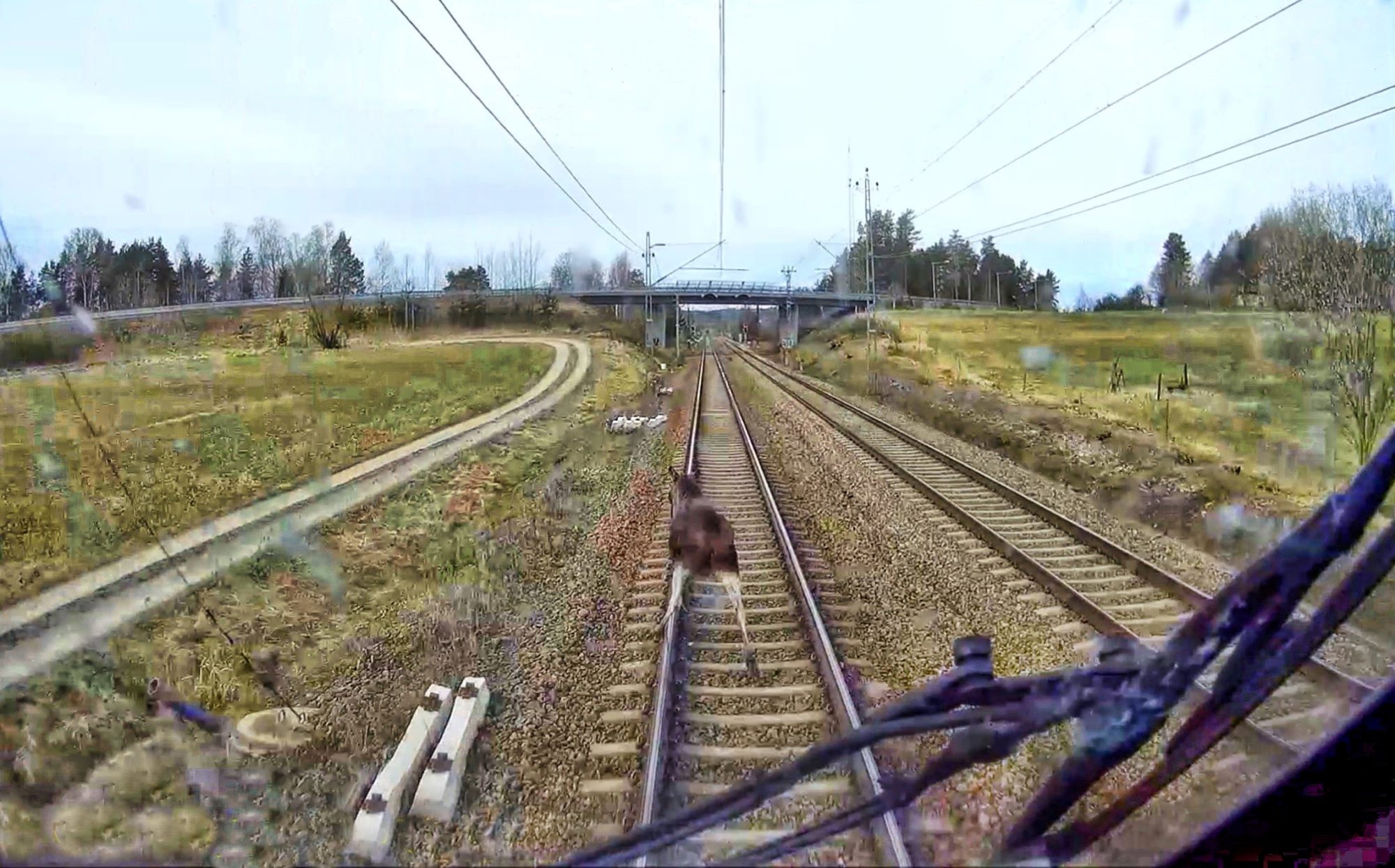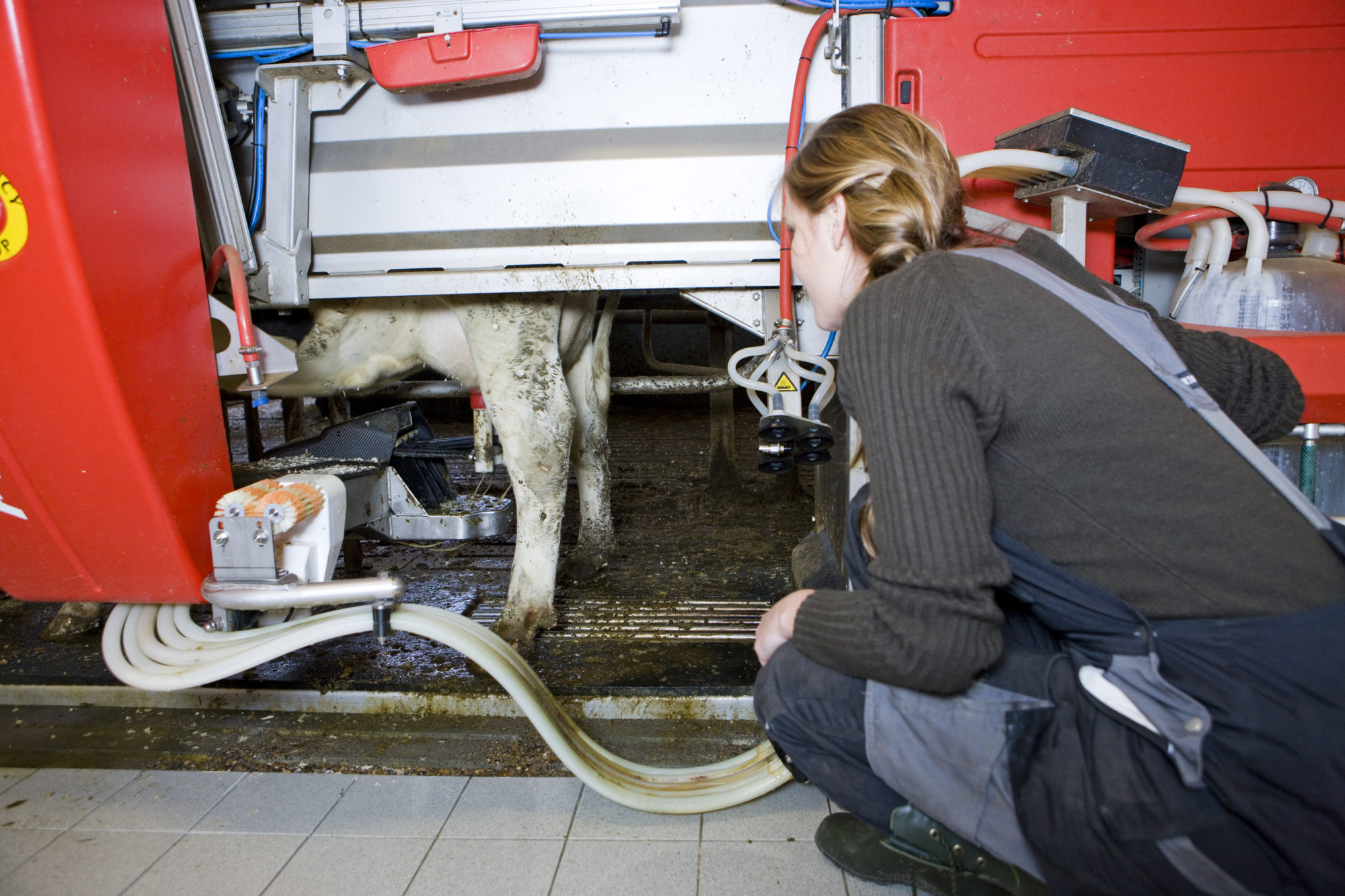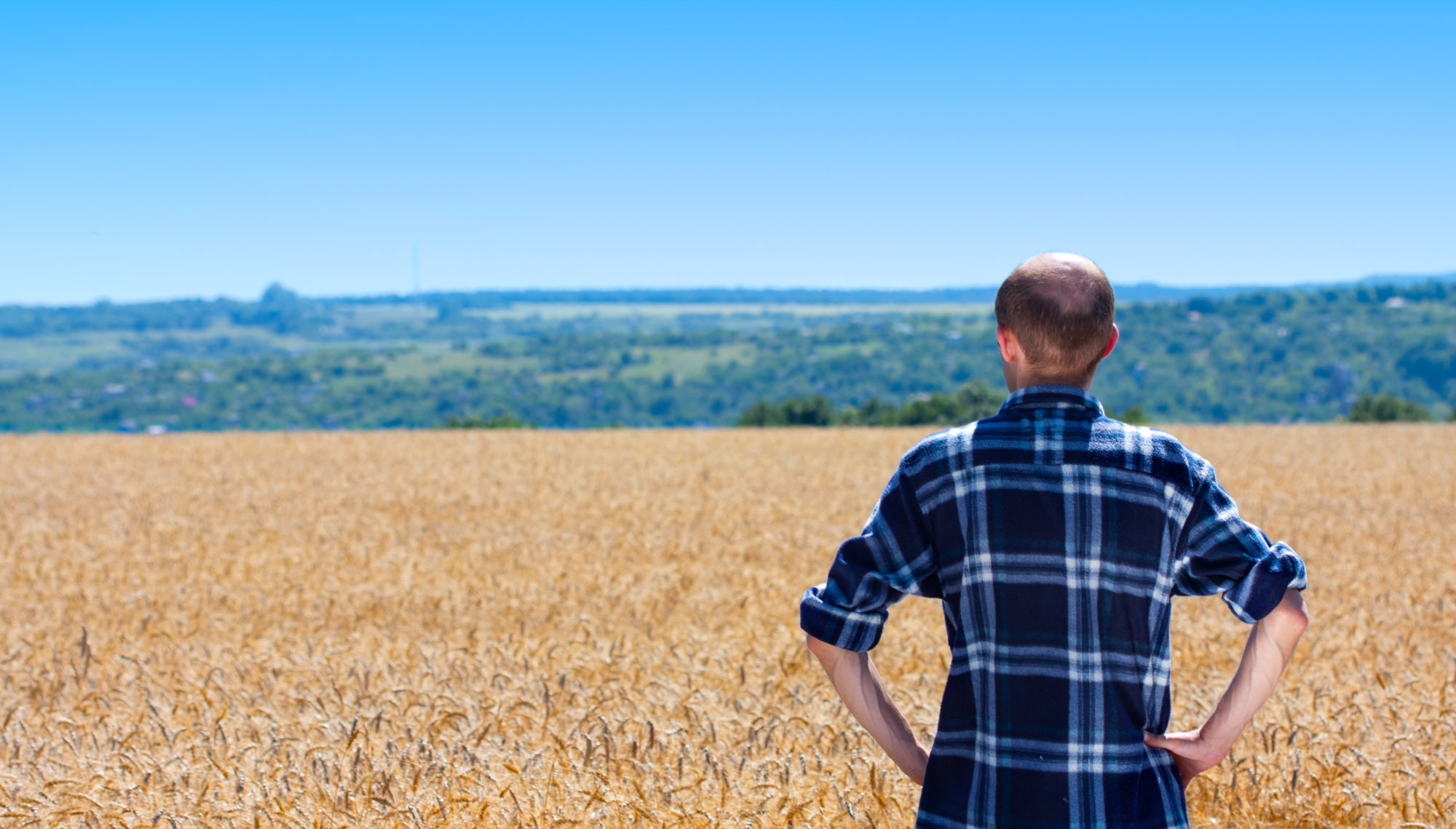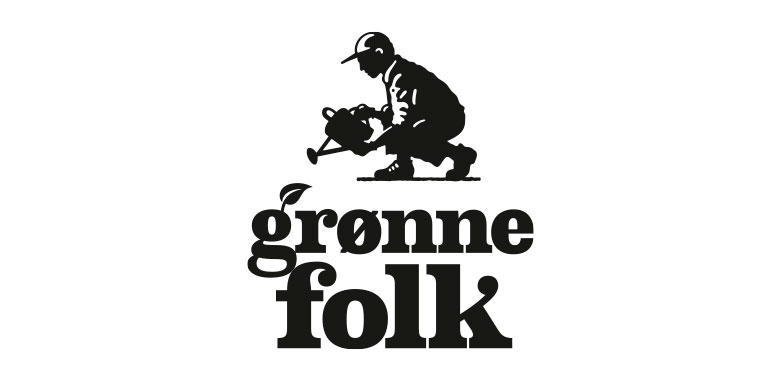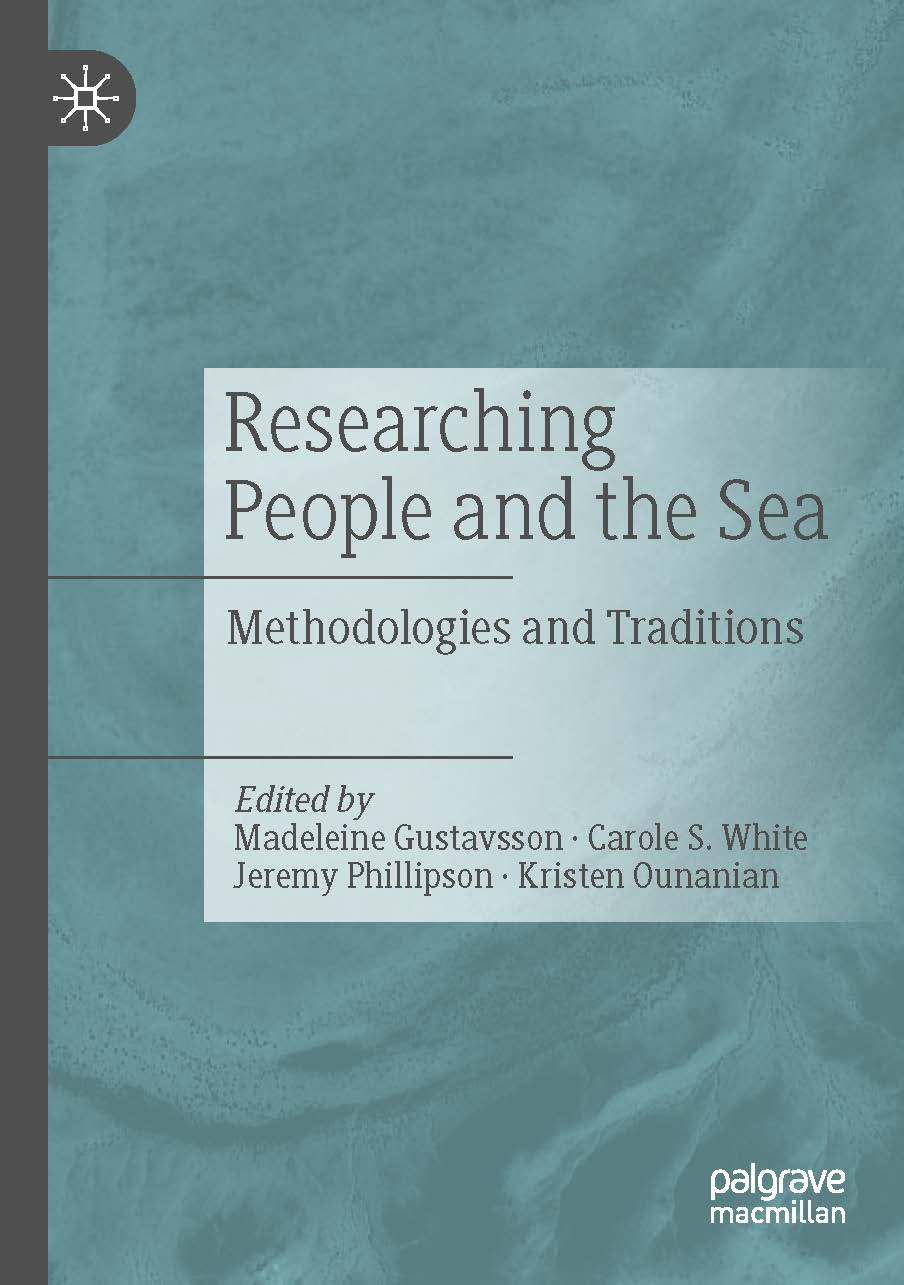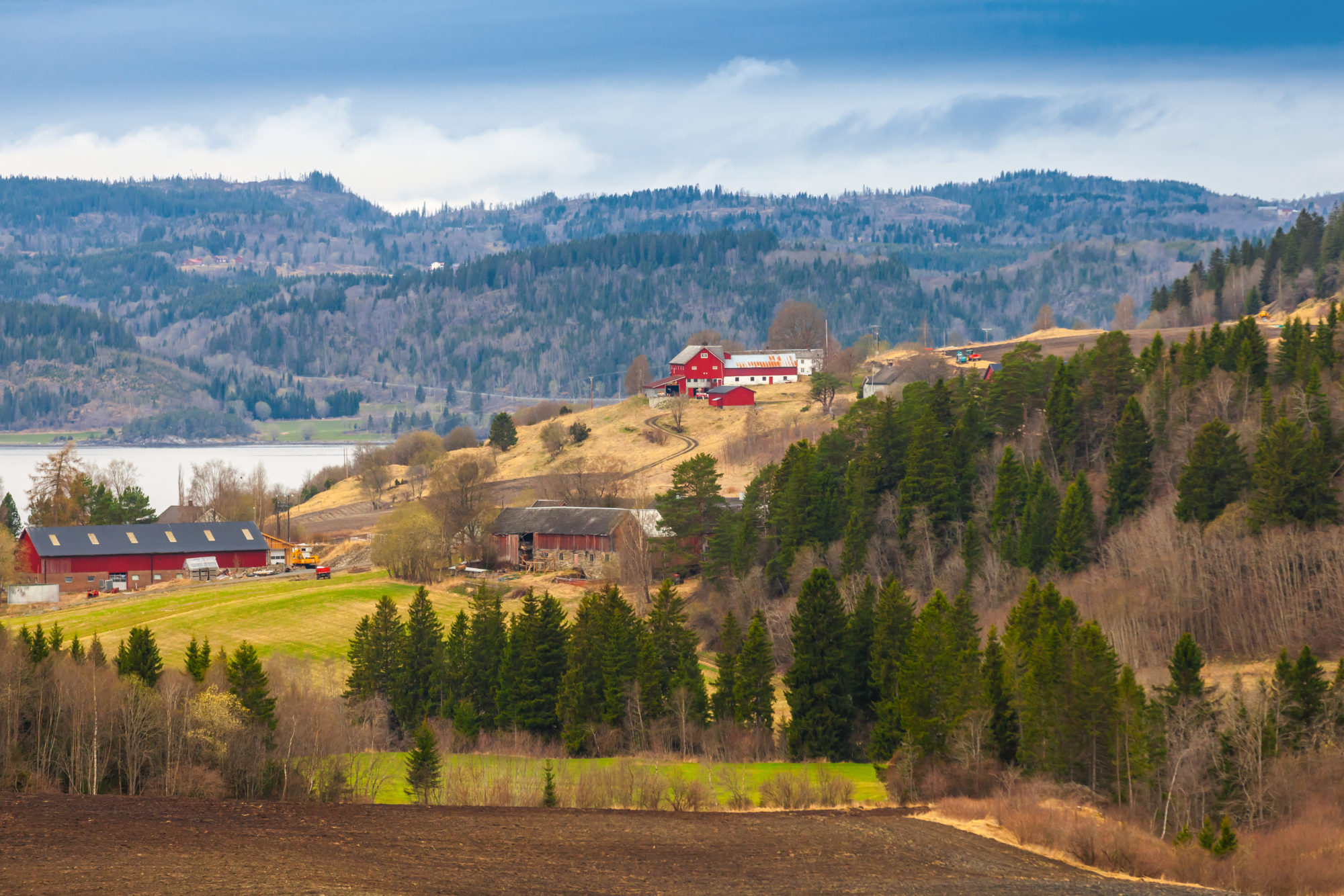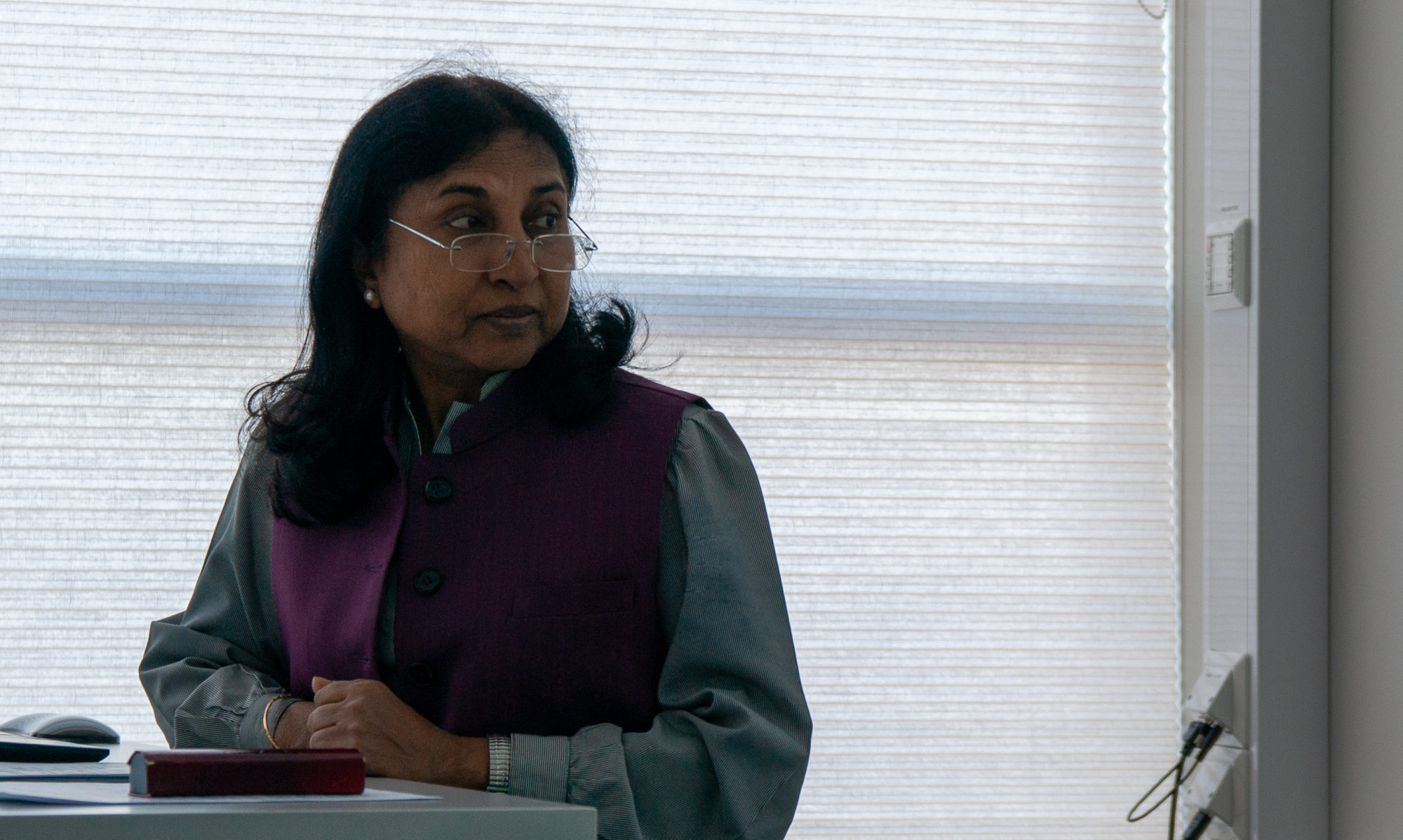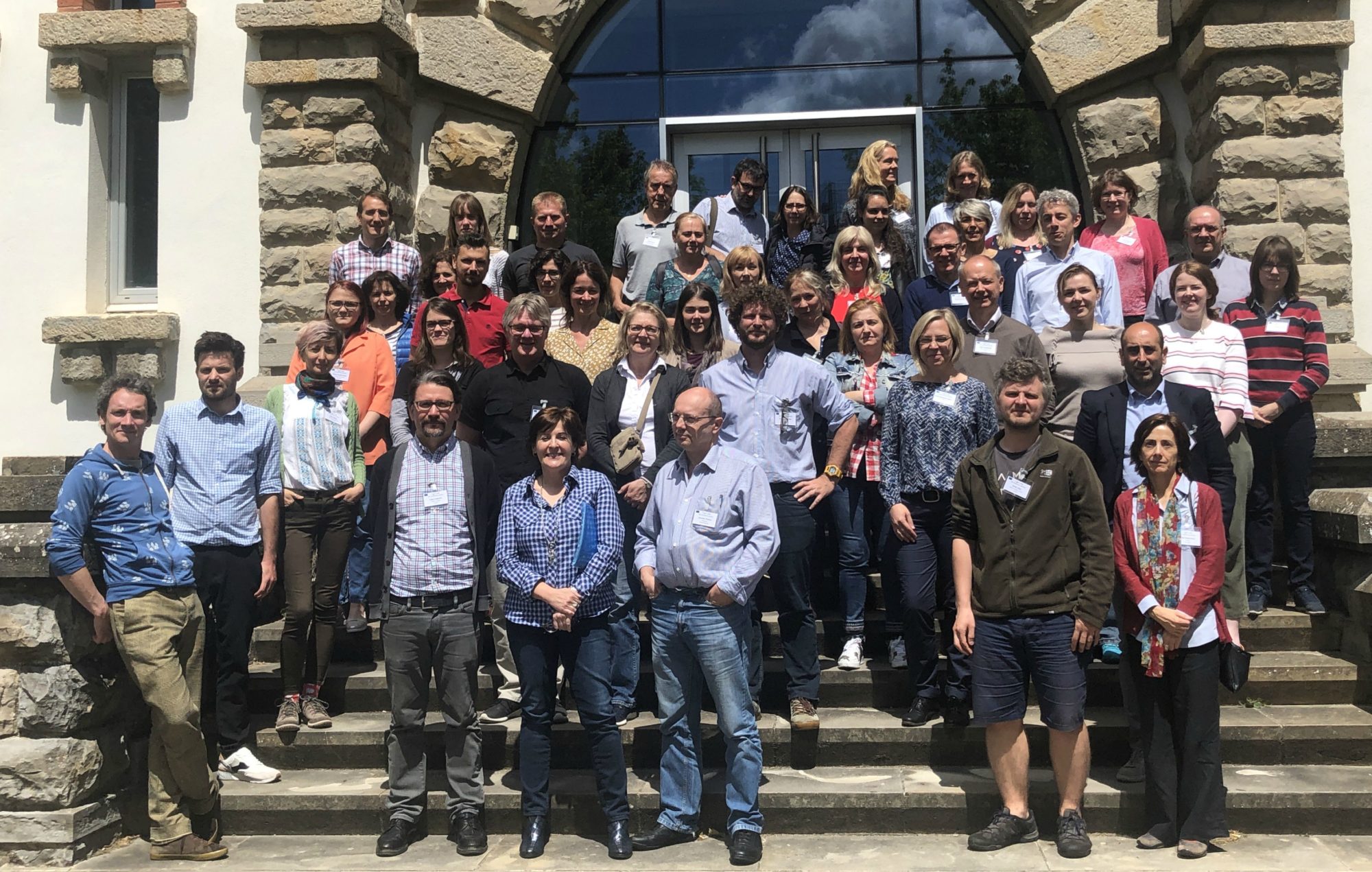Posts by Odd Roger Langørgen
Kick-off for the development of new solutions in the feeding system
The two-day meeting was held virtually this December after the corona situation indicated that a physical start-up meeting could not go ahead. The energy and commitment among the 45 participants was nevertheless high, and everything is in place for further collaboration that is both professionally innovative and highly relevant for politics and industry. The project…
Read MoreNordic conference for rural research: Finland, Spring 2022
The Nordic conference for rural research is an interdisciplinary forum with an emphasis on research relevant to the Nordic countries. The conference’s website with important dates, other information and, eventually, possibilities for registration, is to be found here: https://sites.uef.fi/ruralities/ Please note that the deadline for submitting proposals for working groups is December 12th 2021.
Read MoreWhat do we do with resistant bacteria in agriculture?
The use of antibiotics in Norwegian agriculture has been cut by 44 per cent since 1995, but this has not been enough to prevent bacteria in domestic animals from developing resistance to antibiotics (so-called ‘antimicrobial resistance’). In 2013, bacteria with antimicrobial resistance (AMR) were detected in pigs and poultry, and costly measures were implemented to counter this threat. But more fundamental steps are needed…
Read MoreResearch will help farmers with substance abuse problems
Studies show that farmers have poorer mental health than other groups in the population, and that their mental health has deteriorated in recent years. Male farmers are less likely to seek health and medical help for anxiety, alcohol problems and drug use than other men, according to research in countries comparable to Norway. The reasons are several and complex. Finding and evaluating measures We will…
Read MoreTo develop agricultural advice with a long-term perspective
Many farmers are pondering what to do in the future – new investment, maintenance or downsizing? From Ruralis’s Trend survey in 2020, we know that 27 per cent of farmers have invested more than a million kroner in buildings, machinery or other infrastructure over the past five years. There is a lot of uncertainty, even if the investment turns out to be financially justifiable. A farmer in one of our…
Read MoreCorona can make nature-based tourism flourish
Summer is upon us, and this year coronavirus is forcing most of us to take our vacations in our home country. This represents a crisis for large parts of the tourism industry worldwide – and Norway is no exception – but some companies can prosper from the situation. The market in Norway is huge. Tourists are now increasingly looking for destinations that have not been ‘discovered’ in order to get unique nature experiences,…
Read MoreCOVID-19 intensifies hunger among refugees
Refugees are often the most vulnerable to crises, no matter where in the world they are. The UN High Commissioner for Refugees (UNHCR) expects that the corona pandemic will weaken food security for refugees and internally displaced persons. Cuts rations by 40 percent Uganda is home to about 1.4 million refugees and is thus among…
Read MoreScaring elks to avoid train accidents
It takes about a kilometer for a train at full speed to stop. To date we have not been able to solve the dangers of elks or other types of deer entering the railway track. Animal collisions pose major challenges for society, animal welfare, animal owners, railway companies, and not least for train drivers. In…
Read More“The good farmer” is motivated by more than just money
Norwegian agriculture faces mounting pressures, both economically and socially. Cultural motivations for preserving cultural landscapes and biological diversity will most likely become increasingly important. – In many cases, researchers wonder why farmers continue to run their farms despite agriculture’s low profitability. The “good farmer”-approach claims that farmers remain in agriculture because they receive non-monetary rewards.…
Read MoreDeveloping tools for a more climate friendly agricultural policy
European agricultural policy must contribute to achieving the objectives of the Paris Agreement. A new generation of modelling tools are required to study the consequences of, and to provide a better basis for, decision-making. The newly established EU project – MIND STEP – funded by Horizon 2020 will develop such new tools. Climate, sustainability and…
Read MoreThe story behind green successes
Grønne Folk produce delicious ready-made meals from vegetables that no one else uses. At least 30 percent of produce is discarded because of imperfections or undesirable size. This gave entrepreneur Ragnhild Eggen Viken the idea of peeling and cutting the vegetables, so that no one will see whether a carrot is damaged or is too…
Read MoreNew book reflects on researching people and the sea
Researching People and the Sea: Methodologies and Traditions presents a broad range of experiences gathered by academics working in the field and discusses the challenges and opportunities of translating findings across disciplines. Edited by Madeleine Gustavsson, Carole S. White, Jeremy Phillipson and Kristen Ounanian, the new volume shares the often unspoken expertise needed to study…
Read MoreRuralis wish you a Merry Christmas and a Happy New Year
Self-sufficiency in feed – views of stakeholders
Through focus group meetings with actors in the value chains for meat and milk production in Norway and Sweden, actors’ views on self-sufficiency in feed was explored in the CORE Organic project PROREFINE. According to the actors, self-sufficiency in feed can be relevant at different levels: farm level, municipal or county level, national, Nordic and…
Read MoreAgriculture Must Reduce Greenhouse Gas Emissions
As part of the global effort to curb climate change, agriculture must reduce greenhouse gas emissions. Therefore, the government and agricultural organizations in Norway have signed a letter of intent to reduce emissions and increase the absorption of carbon in agriculture. This will also be an important part of the environmental plan called Klimakur 2030…
Read MoreScientists Airing New Carbon Offset Scheme
Sustainable aviation was the main theme during this year’s aviation conference. Through the research project Coolcrowd, Ruralis organized the workshop “Carbon offsets in aviation open for local opportunities”. – Coolcrowd links crowdfunding to the climate and considers whether compensation for travel related GHG emissions can finance climate mitigation measures in agriculture. The conference and workshop…
Read MoreGender equality important for food security
Last updated: 07.09.2019 In a lecture at Ruralis this week she challenged the often-cited claim that all the Sustainable Development Goals (SDGs) depend on the achievement of Goal 5 – Gender Equality. She examined this claim through the lens of household food security which is a fundamental aspect of sustainable development. She argued that although…
Read MoreAgriLink 4th Consortium Meeting – AgriLink’s potential impact is now becoming apparent
”From my perspective, our meeting in Pamplona was very productive” said Pierre Labarthe, the Project Coordinator. “We now see the first results of the project and our discussions in Pamplona show that we have the potential to tackle very important issues regarding advisory services at many different levels”. The meeting in Pamplona was an intense…
Read More
